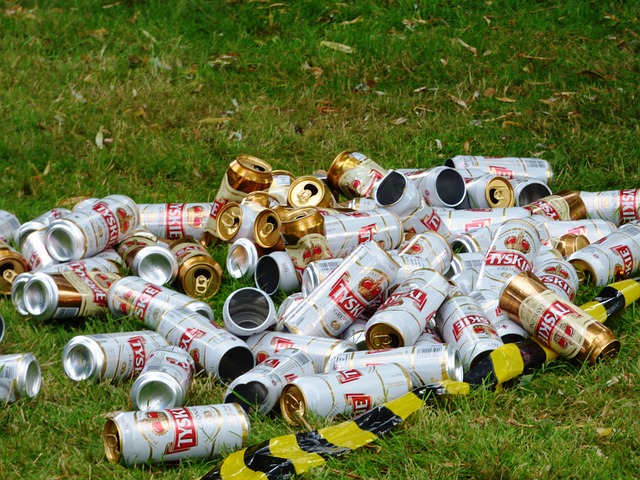Collection and recycling of aluminum cans are efficient in all countries. Although some country is not an aluminum producer, recycling of the metal and scrap metal refining has allowed the industry to develop.
Benefits Of Recycling Aluminum Cans
Aluminum cans take approximately 400 years to decompose when left in a landfill. This is why recycling aluminum cans provide significant environmental, economic, and social benefits:
- When producing aluminum from scrap, there is a 95% energy saving compared to producing from ore.
- In the recycling process, the material’s characteristics do not change since a product with the same properties is obtained. Furthermore, aluminum can be recycled indefinitely and without diminishing its quality.
- 100% of the material can be recycled.
- Recycling is a good process because aluminum is a valuable metal: for example, collected used beverage cans fetch a high market value.
- One kilo of aluminum is equivalent to between 65 to 70 cans, which are paid, depending on the commodity’s value in international markets.
- Indefinite reuse: The recovered aluminum, once selected and pressed, is melted, and with it, new aluminum ingots are manufactured that are used for any application.
Environmental Impact Of The Pandemic
What Is The Environmental Impact Of The Pandemic?
You have probably wondered what the pandemic’s environmental impact and the consequences of confinement are due to COVID-19. And indeed, you have seen the images of Last Year In Which The Aquatic
bodies were crystalline or animals walking freely through cities. There is no doubt that the decrease in traffic,
Biodegradable Plastics
Are There Biodegradable Plastics?
According to the UN Environment, 300 million tons of plastic waste are produced per year, which is equivalent to the entire human population’s weight. This is a worrying figure, which is why it has opted for less polluting apparent alternatives such as biodegradable plastics. However, before considering whether
Classification of Hazardous Biological-Infectious Waste
What Is The Classification Of Hazardous Biological-Infectious Waste (RPBI)?
Being members of a responsible society, it is necessary to know and be aware of the standards and health measures established to preserve health and conserve the environment. That is why it is essential to know the correct classification of the waste produced daily, but above all, and due to the situation.







